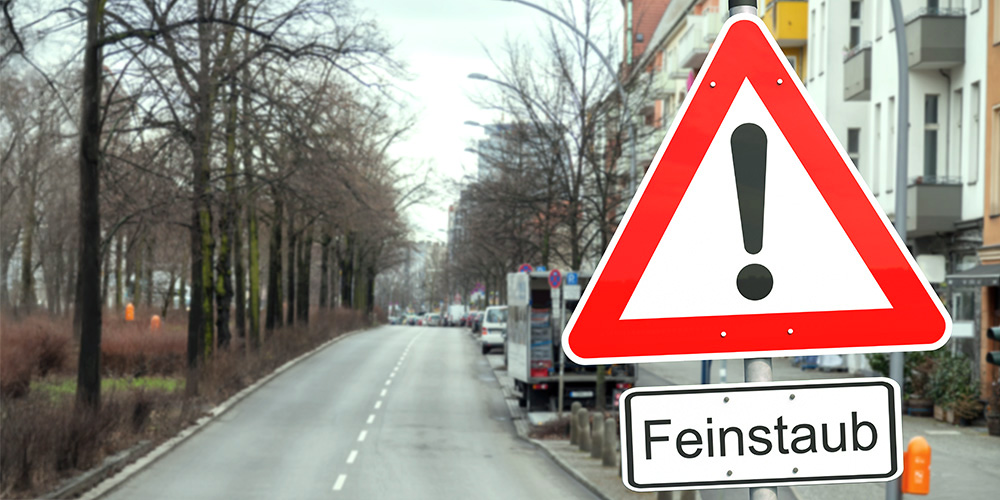Signaling Pathway Suppresses Brain Tumors
Researchers at the University of Basel took a close look at a signaling pathway present in most organisms and found that it suppresses the formation of specific types of brain tumor. Their results have been published by the journal Cancer Cell.
04 December 2015
Gliomas are the most common brain tumors in adults and the prognosis for patients is, in many cases, very bad. Therefore, novel and effective therapies for glioma treatment are needed. In order to develop these, it is crucial to understand the biology of this type of tumor.
Stem cells as potential source of tumors
So far it has been highly debated which brain cells can form gliomas when they acquire gene mutations. However, researchers believe that brain stem cells might be a potential source of this type of cancer. Stem cells in the human brain can generate new nerve cells and, if something goes wrong in this process and uncontrolled proliferation or impaired differentiation occurs, this may lead to the formation of a brain tumor.
A research team led by Professor Verdon Taylor from the Department of Biomedicine at the University of Basel has now studied whether one molecular mechanism that controls normal stem cell maintenance in the brain is hijacked and used by cancer cells during tumor formation.
Active signaling pathway suppresses tumor formation
The researchers studied the so-called Notch pathway. This signaling pathway is central to brain stem cell activity and it has been proposed to – once aberrantly activated – contribute to the growth of gliomas. “In contrast to our expectations, we found that the opposite is the case: when activated, this pathway actually suppresses the formation of some types of glioma”, says Claudio Giachino, first author of the study. Conversely, in some forms of glioma the inactivation of the pathway results in accelerated growth and makes the tumor more aggressive.
Due to these properties, the Notch pathway could, in the future, not only serve as a new therapeutic target but could also be used as a new diagnostic tool in order to get more reliable prognoses for disease progression and patient survival. “Our results demonstrate major differences in the molecular requirements between seemingly similar types of brain tumor and indicate that gliomas must be carefully examined before selecting potentially specific therapeutic interventions in the future”, says Taylor.
Original source
Claudio Giachino, Jean-Louis Boulay, Robert Ivanek, Alvaro Alvarado, Cristobal Tostado, Sebastian Lugert, Jan Tchorz, Mustafa Coban, Luigi Mariani, Bernhard Bettler, Justin Lathia, Stephan Frank, Stefan Pfister, Marcel Kool, and Verdon Taylor
A Tumor Suppressor Function for Notch Signaling in Forebrain Tumor Subtypes
Cancer Cell (2015), doi: 10.1016/j.ccell.2015.10.008
Further information
Prof. Dr. Verdon Taylor, University of Basel, Department of Biomedicine, phone: +41 61 695 30 91, email: verdon.taylor@unibas.ch
Images
Images for this press release can be found in the media database.




